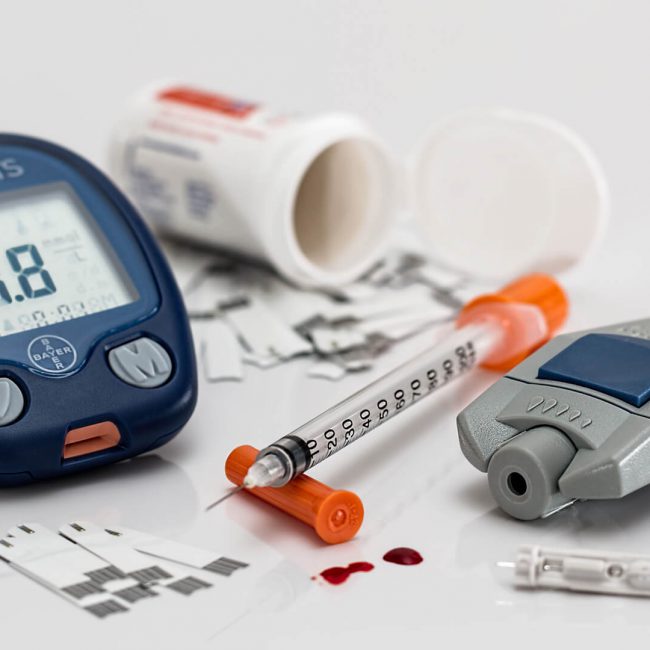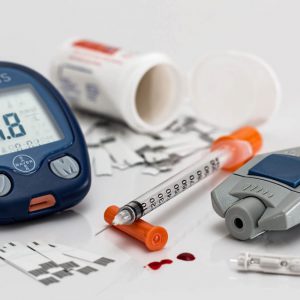Prostate-specific antigen (PSA) is a glycoprotein that is produced by the prostate gland, the lining of the urethra, and the bulbourethral gland. Normally, very little PSA is secreted in the blood. Higher total PSA levels and lower percentages of free PSA are associated with higher risks of prostate cancer.
The PSA test can be useful for detecting prostate cancer, monitoring its treatment, or assessing its recurrence.
A normal PSA level is considered to be 4.0 nanograms per milliliter (ng/mL) of blood. For men in their 50s or younger, a PSA level should be below 2.5 in most cases. Older men often have slightly higher PSA levels than younger men.



